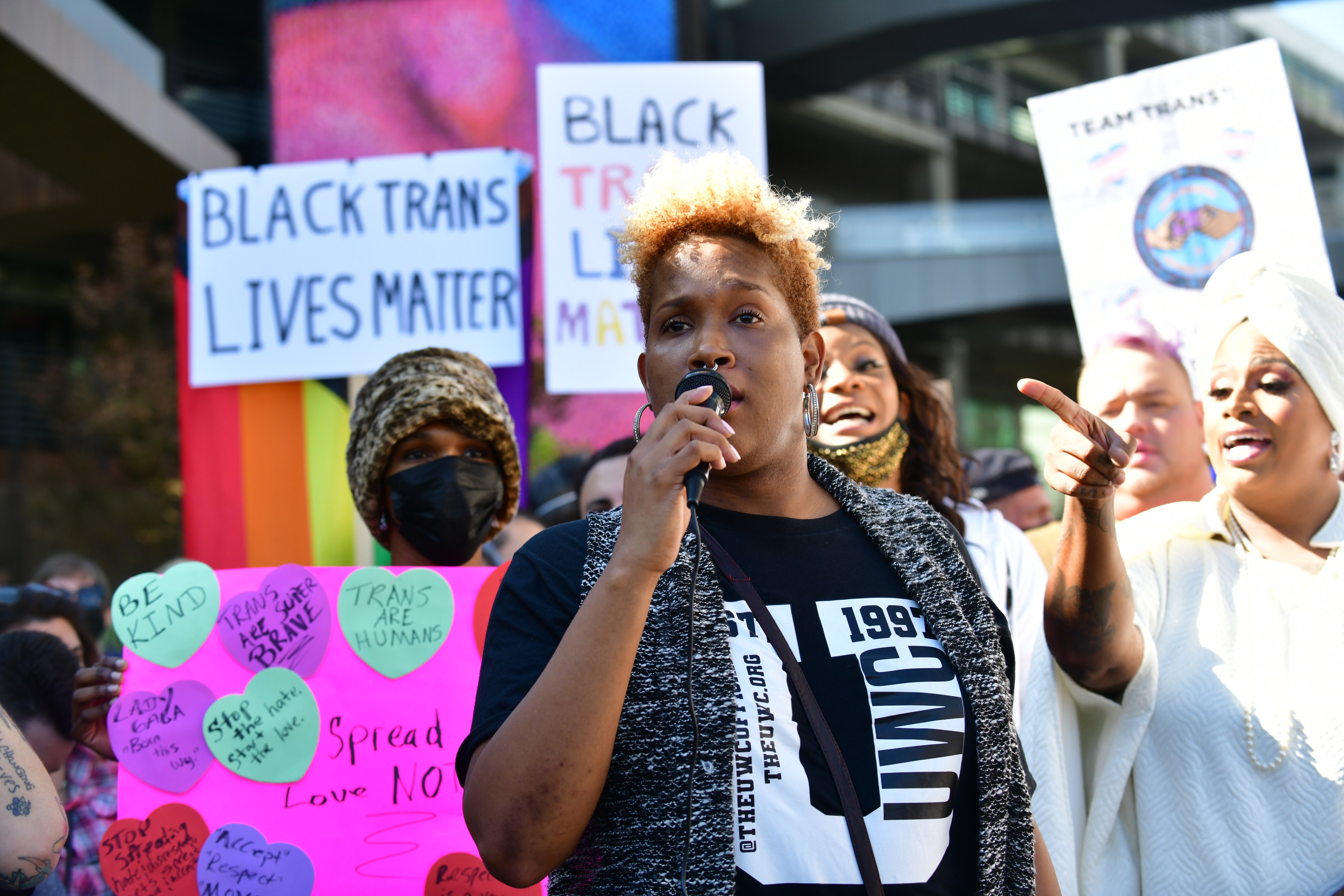At a time when many employers are finding themselves caught between their increasingly diverse and often progressive workforces on one side and increasingly combative right-wing pundits and lawmakers on the other, Netflix has plunged into America’s corporate culture wars.
This round, the right is celebrating.
It started last October, when Netflix employees protested the company’s defense of a highly popular special by comedian Dave Chappelle, who made remarks some viewed as offensive to the transgender community. Co-Chief Executive Ted Sarandos said he “screwed up” in his efforts to communicate with upset employees but defended the show.
Last week, Netflix released updated culture guidelines that attempted to limit expectations for how responsive the company would be to employees’ views on societal and political issues going forward. “Depending on your role, you may need to work on titles you perceive to be harmful,” the memo stated. “If you find it hard to support our content breadth, Netflix may not be the best place for you.”
Fox News host Jesse Watters promptly praised the company for not “sinking into the woke muck just to make a handful of people happy.” Billionaire and culture critic Elon Musk, who had earlier blamed Netflix’s business struggles on the “woke mind virus”—and who recently declared he was voting Republican—also Tweeted his approval.
A Netflix spokesperson said the company had been discussing the issues related to the memo for over 18 months and added that the company invited all employees to give feedback and received over 1,000 comments that helped improve the draft.
Days after the memo’s release, Netflix said it was cutting about 150 employees, or about 2% of its workforce, as it grappled with slower growth and a shrinking subscriber base. It wasn’t long before social-media reports circulated that the company also cut dozens of contract writers, many of whom were part of its diversity communications initiatives, including Black community-focused Strong Black Lead, Latinx-focused Con Todo, Asian American-focused Golden, and LBTQ-focused Most.
The cuts were the latest in a wave of layoffs that began about three weeks ago, when Netflix let go several employees of Tudum, a new fan-focused website; many of the staff were women of color. Fox also asserted that Netflix axed the series “Anti-Racist Baby” and the documentary “Stamped: Racism, Antiracism and You.”
Netflix noted that “Stamped” was a companion piece to “Stamped From the Beginning,” which is still proceeding. A person familiar with the company said the company’s overall diversity numbers remain the same post-layoff and that all social channels are being affected (not just those that impact underrepresented groups). The person added that the agency contractors were cut because the company is changing how it supports its publishing efforts, including bringing some of the work in house.
Netflix is closely watched. Its guidelines are highly influential; they have been called “Silicon Valley’s most important document ever.” So the company’s moves, and the reaction they engender, bear watching. How this will all ultimately play out remains to be seen, but there are already lessons to unpack from the forces swirling around the company.
There’s new evidence that workers will vote with their feet.
Leaders should pay attention to those surveys that assert that workers are willing to leave their jobs if they don’t believe a company’s leadership is speaking out sufficiently on societal and political issues. In the four months after the Chappelle controversy erupted, its attrition rates reached all-time highs since the data began in 2009, according to Ben Zweig, chief executive of Revelio Labs whose research was featured in an MIT study on factors driving The Great Resignation.
Those deciding layoffs, like all forms of corporate decision-making, must be mindful of their impact on all forms of diversity.
Companies can be sure that others will be paying attention. Within hours of the news, reports were circulating on social media alleging that Netflix’s layoffs had disproportionately affected departments and workers of color.
The culture wars have reached corporate America.
That one company’s memo has already been featured on Fox News says it all: What employers say and do is now red meat for the culture-war news cycle.
David Hopkins, a political science professor at Boston College who is working on a book on the political and social consequences of the diploma divide, noted that Netflix was in a tough spot, as it was stuck between its employees and its content creators.
And while the popularity of certain positions may wax and wane, Hopkins believes one thing will not change: particularly those in creative or technology sectors, “any company in those areas is going to be hiring a workforce that’s overwhelmingly left of center and politicized on these issues, and they’re going to have demands not only about the internal politics of a company but where the company comes down publicly on issues that are important to young cultural progressives.”
Netflix is the latest illustration that leaders have to be more transparent, and more intentional, than ever before. They can be sure when they make a move, many others will watching.
